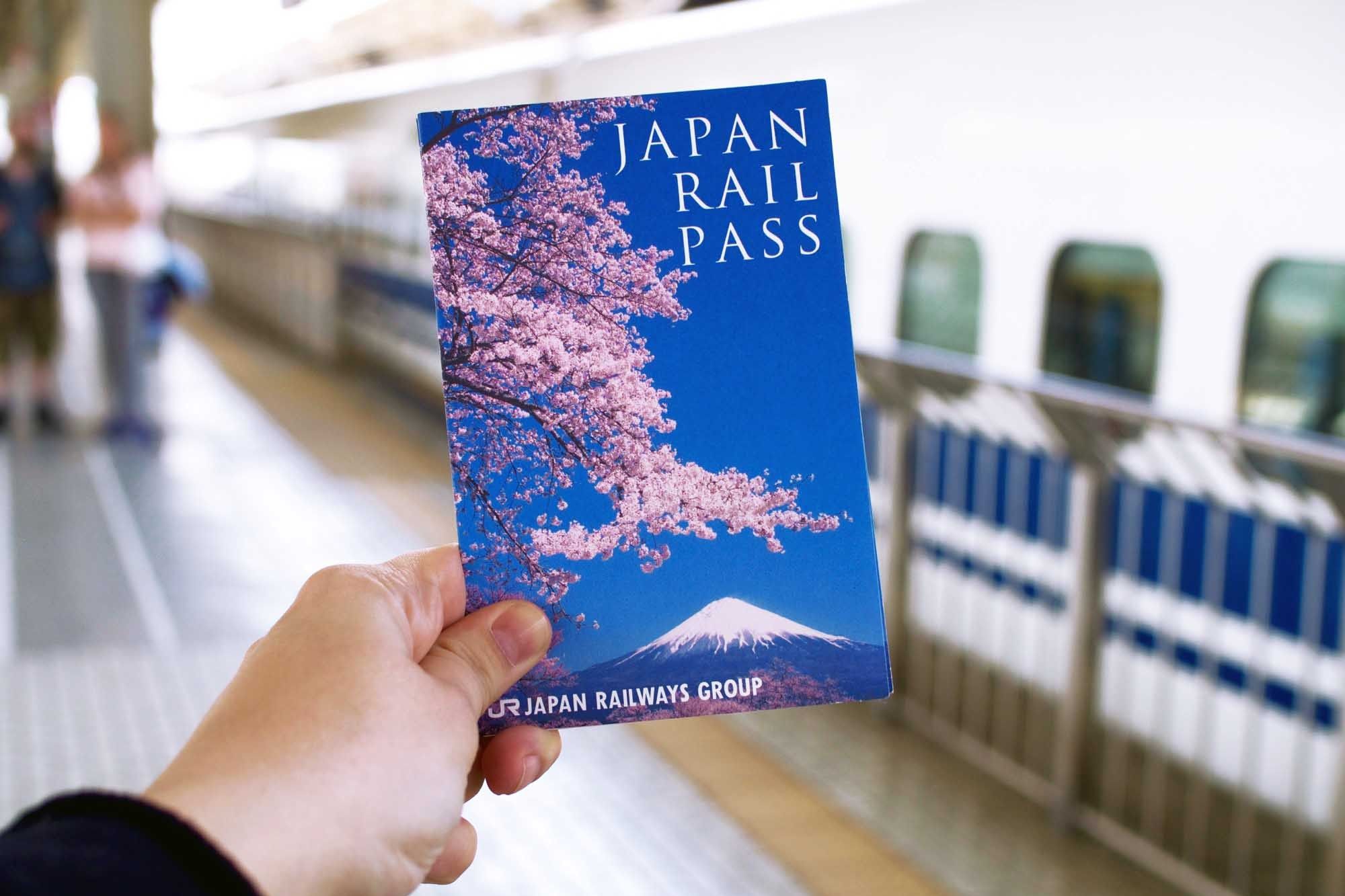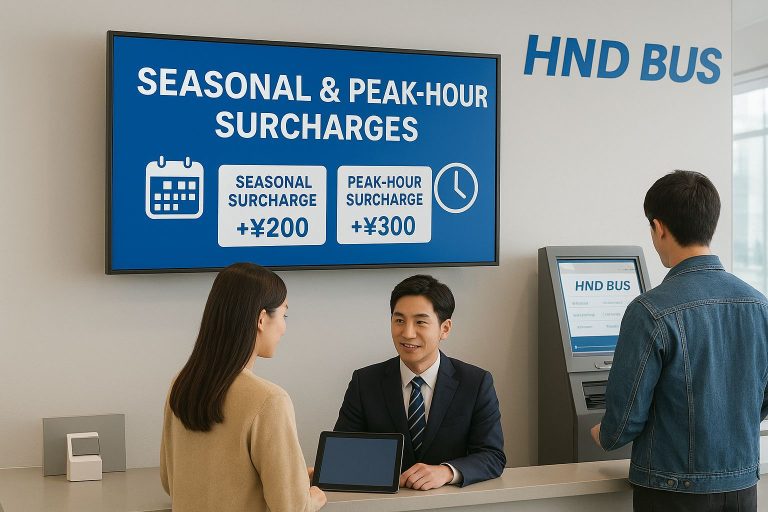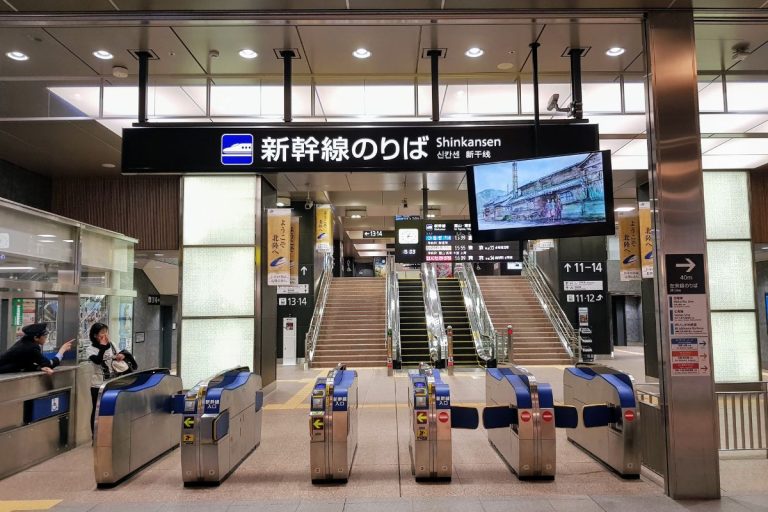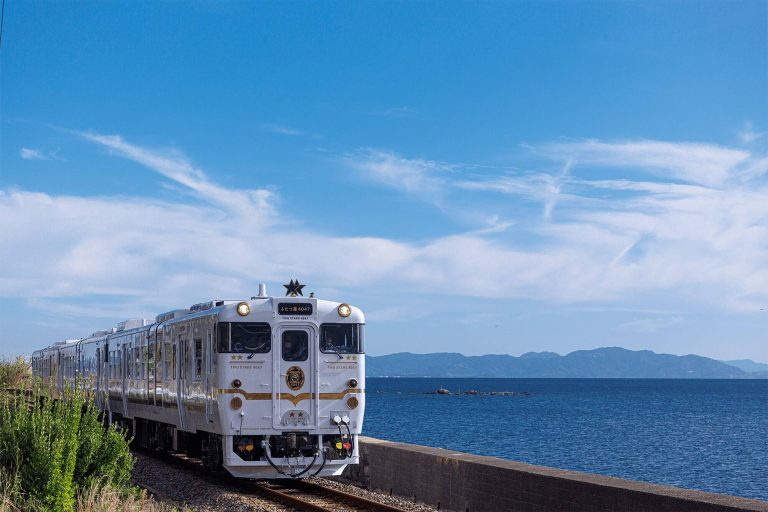Getting Started with Japan’s Premier Travel Pass
The Japan Rail Pass represents one of the most valuable travel investments for visitors exploring the Land of the Rising Sun. This special ticket system opens doors to Japan’s extensive railway network, allowing foreign tourists to experience the country’s legendary efficiency and connectivity firsthand. Whether you’re planning to zip between Tokyo’s bustling districts or venture to remote mountain villages, understanding this pass system will transform your Japanese adventure.
Since its introduction, the pass has become synonymous with convenient, worry-free travel across Japan’s four main islands. The system eliminates the complexity of purchasing individual tickets while providing access to some of the world’s most advanced transportation infrastructure. Recent changes have updated pricing and conditions, making it more important than ever to understand exactly what this pass offers and how it fits into your travel plans.
Understanding the Japan Rail Pass System
What Makes This Pass Special
The Japan Rail Pass functions as an all-access ticket to Japan Railways Group’s vast network, covering thousands of kilometers of track across the country. This nationwide pass grants unlimited rides on most JR trains, including the famous shinkansen bullet trains that connect major cities at speeds reaching 320 kilometers per hour. The pass eliminates the need to calculate fares or worry about ticket purchases during your journey.
What sets this system apart is its exclusive availability to foreign visitors holding temporary visitor status. This restriction ensures the pass serves its intended purpose of encouraging tourism while providing genuine value to international travelers.
Who Can Purchase and Use the Pass
Eligibility requirements are straightforward but strictly enforced. Foreign nationals visiting Japan under the temporary visitor entry status qualify for purchase and use. This includes tourists entering on tourist visas or visa-free arrangements. Japanese nationals living abroad may also qualify under specific conditions, including holding foreign residency and meeting documentation requirements.
The pass remains strictly personal and non-transferable throughout its validity period. Each traveler must present their own pass when using JR services, and sharing or lending passes to others violates the terms of use.
Available Duration Options
Three duration options accommodate different travel styles and itinerary lengths. The 7-day pass suits travelers focusing on specific regions or taking shorter trips. The 14-day option provides flexibility for more comprehensive exploration, while the 21-day pass caters to extended journeys covering multiple regions thoroughly.
Each pass operates on consecutive calendar days from midnight to midnight, regardless of actual usage patterns. This means your pass remains valid for full days even if you don’t travel on specific dates within the validity period.
Core Benefits and Coverage Areas
Unlimited Access to JR Network Lines
The pass provides unrestricted travel on Japan Railways’ extensive network, including local trains, rapid services, limited express trains, and most shinkansen lines. This coverage spans from Hokkaido’s snowy landscapes to Kyushu’s volcanic regions, connecting major cities and rural destinations alike. The network includes over 20,000 kilometers of track, making it possible to reach virtually any destination accessible by rail.
Beyond trains, the pass covers select JR bus routes and the JR West Miyajima ferry service, extending its utility beyond rail travel. These additional services help bridge gaps in the rail network and provide access to destinations where train service isn’t available.
Important Service Exclusions
Certain premium services require additional payment even with an active pass. The fastest shinkansen services, Nozomi and Mizuho trains, are excluded from standard pass coverage, though special tickets allow pass holders to use these services for an additional fee. This exclusion affects travel on the Tokaido, Sanyo, and Kyushu shinkansen lines.
Non-JR railway companies operate independently, meaning their subway systems, private railways, and regional lines require separate tickets. Major city subway networks, including Tokyo Metro and Osaka Municipal Subway, fall outside pass coverage, though IC cards for travel can provide convenient payment options for these services.
Free Seat Reservation Privileges
Pass holders enjoy complimentary seat reservations on all covered services, a significant advantage during busy travel periods. Reserved seats guarantee your spot on popular routes and provide peace of mind when traveling during peak seasons. Reservations can be made at ticket offices, through online systems, or at reservation machines throughout the JR network.
This benefit becomes particularly valuable during Japanese holidays, cherry blossom season, and other high-demand periods when unreserved cars may be completely full.
Pass Categories and Pricing Structure
Standard Car Versus Green Car Options
Two service levels accommodate different comfort preferences and budgets. Standard Car passes provide access to regular seating areas found on all JR trains, offering comfortable accommodations suitable for most travelers. These cars feature adequate legroom, clean facilities, and reliable service standards.
Green Car passes unlock access to first-class accommodations with enhanced comfort features. Green Cars offer wider seats, more legroom, quieter environments, and sometimes complimentary refreshments. The upgrade particularly benefits travelers taking long-distance journeys or those prioritizing comfort during their trip.
Current Pricing for Each Category
As of October 2023, pricing reflects significant increases from previous years while still providing value for extensive travel. A 7-day Standard Car pass costs 50,000 yen for adults, while 14-day and 21-day passes are priced at 80,000 and 100,000 yen respectively. Green Car passes command premium pricing, with 7-day passes costing 70,000 yen, 14-day passes at 110,000 yen, and 21-day passes reaching 140,000 yen.
Child pricing offers substantial savings, with passes available at half the adult price for children aged 6-11. This pricing structure makes family travel more affordable while maintaining the pass’s core benefits.
Shinkansen Access and Special Conditions
While most shinkansen services welcome pass holders, the fastest Nozomi and Mizuho trains operate under special conditions. Pass holders can board these premium services by purchasing special tickets available exclusively to pass holders. These tickets cost significantly less than regular fares while providing access to the most frequent and fastest connections between major cities.
This system balances pass value with railway revenue needs while ensuring pass holders retain access to the complete shinkansen network when needed.
Purchasing Your Japan Rail Pass
Online Purchase Through Official Channels
The official Japan Rail Pass website provides the most straightforward purchase method, offering direct sales with immediate confirmation. Online purchases include the ability to make seat reservations before arriving in Japan, streamlining your travel planning process. The official website accepts major credit cards and provides purchase confirmation via email.
Online purchases result in QR codes or digital vouchers that must be exchanged for physical passes upon arrival in Japan. This exchange process occurs at designated locations in airports and major stations throughout the country.
Voucher System and Exchange Requirements
Traditional voucher purchases through authorized travel agents remain popular, particularly for travelers preferring in-person assistance. These vouchers must be exchanged for actual passes within three months of purchase, providing flexibility in travel planning. The exchange process requires presenting your voucher along with your passport showing temporary visitor status.
Exchange locations include major airports, principal JR stations, and select travel service centers. Staff at these locations can also assist with initial seat reservations and provide route planning advice.
Working with Authorized Travel Representatives
Authorized travel agents worldwide offer Japan Rail Pass sales with local language support and travel planning assistance. These agents often bundle passes with other travel services, potentially providing package discounts. They can also offer advice on itinerary planning and help coordinate pass purchases with other travel arrangements.
Some agents specialize in Japan travel and can provide valuable insights into seasonal considerations, route planning, and complementary services that enhance your travel experience.
Practical Usage During Your Journey
Navigating Automatic Gate Systems
JR stations throughout Japan feature automatic ticket gates that recognize Japan Rail Passes through visual inspection by station staff. Rather than inserting your pass like a regular ticket, simply show your pass to station personnel at the staffed gate adjacent to automatic gates. This process is quick and straightforward, though it may create brief delays during rush hours.
Station staff are accustomed to assisting pass holders and can provide directions or assistance in multiple languages at major stations. Keep your pass easily accessible throughout your journey for smooth station transitions.
Making Seat Reservations Efficiently
Seat reservations can be made at JR ticket offices, through online systems, or at reservation machines. Ticket office staff provide personalized assistance and can help plan complex itineraries involving multiple connections. Online reservation systems offer convenience but may require some familiarity with Japanese interfaces.
Reservation machines, available in multiple languages, provide a middle ground between full-service assistance and online convenience. These machines handle most standard reservation needs and operate extended hours.
Pass Validity and Travel Periods
Your pass remains valid for consecutive calendar days from the activation date you specify during exchange. If you’re traveling on a train when your pass expires at midnight, you can complete that journey without additional charges. This grace period prevents situations where travelers are stranded mid-journey due to pass expiration.
Pass validity cannot be extended or modified once activated, making careful planning of your activation date important for maximizing value.
Investment Analysis and Additional Savings
Understanding the Current Price Structure
Recent price increases have changed the value equation for Japan Rail Pass purchases, making careful cost analysis more important than ever. The break-even point for a 7-day pass now requires approximately 1,250 kilometers of travel or equivalent to about three Tokyo-Osaka round trips. For travelers planning extensive travel or visiting multiple regions, the pass still provides significant savings.
The pricing structure rewards longer-duration passes with better per-day value, making 14-day and 21-day options attractive for extended stays or comprehensive exploration of multiple regions.
Children’s Pricing Benefits
Child passes at half-price make family travel significantly more affordable. Children aged 6-11 qualify for reduced pricing, while children under 6 travel free when not occupying reserved seats. This pricing structure makes the pass particularly attractive for families planning extensive travel throughout Japan.
Family travel planning should consider that all family members need individual passes, but the child discount helps offset the total investment required for family travel.
Tourist Site Discounts and Additional Perks
Many tourist attractions, hotels, and restaurants offer discounts to Japan Rail Pass holders, extending the pass’s value beyond transportation. These discounts vary by location and season but can include reduced admission fees, special menus, or exclusive access to certain facilities.
Some regional tourism boards partner with JR to offer enhanced discount packages, particularly for group and student discounts that combine transportation with accommodation and activity savings.
Extended Options and Specialized Information
Regional and Limited-Area Alternatives
For travelers with focused itineraries or shorter stays, JR offers numerous regional passes covering specific areas like Kansai, Kyushu, or Hokkaido. These passes provide similar benefits within their coverage areas at lower prices than the nationwide pass. They’re particularly suitable for travelers concentrating on single regions or making shorter trips.
Regional passes often include additional benefits like discounted accommodations or attraction entries specific to their coverage areas, potentially offering better value for focused travel plans.
Integrating Non-JR Transportation Services
While the Japan Rail Pass doesn’t cover non-JR services, understanding how to integrate other transportation options enhances your travel flexibility. IC cards for travel provide seamless payment for subways, private railways, and buses not covered by the pass. These cards work alongside your rail pass to create comprehensive transportation coverage.
Discount pass bundles sometimes combine JR passes with other transportation options, providing integrated solutions for complex itineraries that require multiple transportation providers.
Common Questions and Practical Considerations
Frequent traveler questions often center on pass activation timing, reservation procedures, and coverage limitations. The pass cannot be used for travel before activation, making timing crucial for maximizing value. Seasonal and peak-hour surcharges don’t apply to pass holders, providing additional savings during high-demand periods.
Lost or stolen passes cannot be replaced, making careful handling important throughout your journey. Travel insurance may cover pass replacement costs, making it worth considering for expensive longer-duration passes.
Frequently Asked Questions
Who is eligible to purchase a Japan Rail Pass?
Foreign nationals visiting Japan under temporary visitor status can purchase the Japan Rail Pass, including tourists on tourist visas or visa-free entry.
What are the duration options for the Japan Rail Pass?
The Japan Rail Pass is available in 7, 14, and 21-day options, allowing travelers to choose based on their itinerary length.
Does the Japan Rail Pass cover all train services?
While the pass covers most JR trains and shinkansen services, it excludes certain premium services like Nozomi and Mizuho trains unless additional tickets are purchased.
Can I make seat reservations with the Japan Rail Pass?
Yes, pass holders can make complimentary seat reservations for covered services, which is highly recommended during peak travel periods.
Are there discounts available for children with the Japan Rail Pass?
Yes, children aged 6-11 can purchase passes at half the adult price, and children under 6 travel free when not occupying a reserved seat.
Maximizing Your Travel Experience with the Japan Rail Pass
The Japan Rail Pass serves as a gateway to exploring Japan’s rich culture and diverse landscapes, making it a vital resource for tourists. By understanding its benefits, eligibility, and pricing structure, travelers can enhance their journey, ensuring a seamless and enjoyable exploration of this beautiful country.





